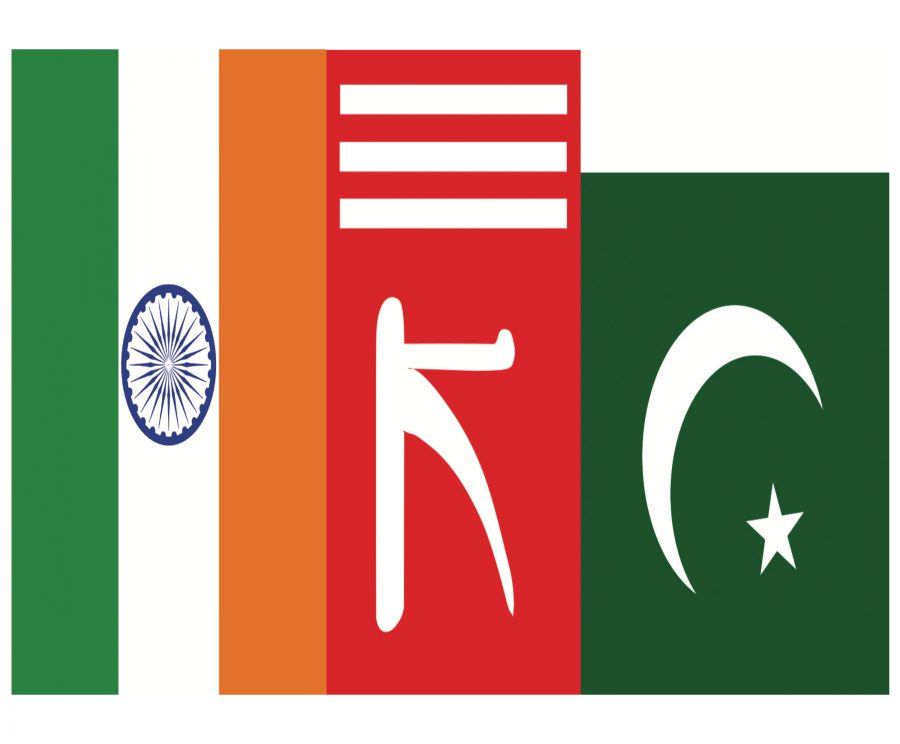Death to imperialism: a fight for Kashmir
October 26, 2016
The imperialist practices of capitalist countries should no longer be tolerated by The People. India and Pakistan have been in dispute over Jammu and Kashmir since 1947. Recently, the tension between the two countries has risen to nuclear proportions.
“Once known for its extraordinary beauty, the valley of Kashmir now hosts the biggest, bloodiest and also the most obscure military occupation in the world,” Indian scholar Pankaj Mishra said.
The military occupation of Kashmir by the bourgeois Indian state stems back to 1947 when Britain gave India and Pakistan their independence. Kashmir, at the time, was governed by Hari Singh, a Hindu with Indian sympathies, while the majority of Kashmir was – and still is – a Muslim majority state.
The same year, Hari Singh signed the Instrument of Accession, which formally acknowledged Kashmir as part of India. The consequence of this was the First Kashmir War of 1947. Two more wars have been fought since then.
Today, Kashmir is host to a plethora of protesters and parties that are in conflict with the oppressive Indian state. The protests are a reaction to Indian military force. Indian troops killed Burhan Wani, the leader of Kashmir’s secessionist movement, earlier this year. Shortly after his death, protesters in Kashmir took to the streets calling for a secession from India.
These protestors have been met with Indian military force resulting in over the death of 80 people and thousands more wounded, per the NY Times. Jammu and Kashmir police forces have also illegally arrested human rights activist Khurram Parvez in mid-September, as reported by The Wire.
India’s attempts to justify their continued occupation of Kashmir are baseless. Activist Arundhati Roy has questioned Kashmir’s importance to India and said that historically it has never been an integral part of India. She also said India “became a colonizing power soon after its independence from British rule.”
Pakistan, meanwhile, has been accused of taking sides with Kashmiri insurgents by providing them with military training. According to the BBC, training camps have been spotted along the Pakistani-occupied portion of Kashmir. However, we must question Pakistan’s true intentions if they are helping the Kashmiri insurgents.
Is Pakistan genuinely interested in the well-being of Kashmir or will the Indian elite merely be replaced by Pakistan’s elite?
The U.S. — a strong economic partner with India — has expressed an opinion on the matter with its silence. It should not come as a surprise, however, if the U.S. has plans of its own for Kashmir as it sits in a convenient geographical location between Pakistan, India and China.
China has expressed its support for Pakistan, according to The Indian Express, The Consul General of China has said in the case of any foreign aggression, China will lend its support.
Sentiments in Kashmir are divided. There are the Indian nationalists who faithfully serve the Indian elite and those who wish to stay with India but ask for a bit more say in the Indian government. The secessionists are also divided. Some wish to join Pakistan, and some call for complete autonomy from both India and Pakistan.
Whatever the case, Indian occupation of Kashmir must end. It seems to be nothing more than a conflict meant to establish dominance between two nuclear countries. With the threat of nuclear war looming around, it is absolutely imperative that India releases its stranglehold of Kashmir and grant it its deserved autonomy.
As long as radical military action is taken by India, it will always be met with radical opposition on the part of the Kashmiris, whose only wish is to be granted the respect and dignity every person so rightfully deserves.








